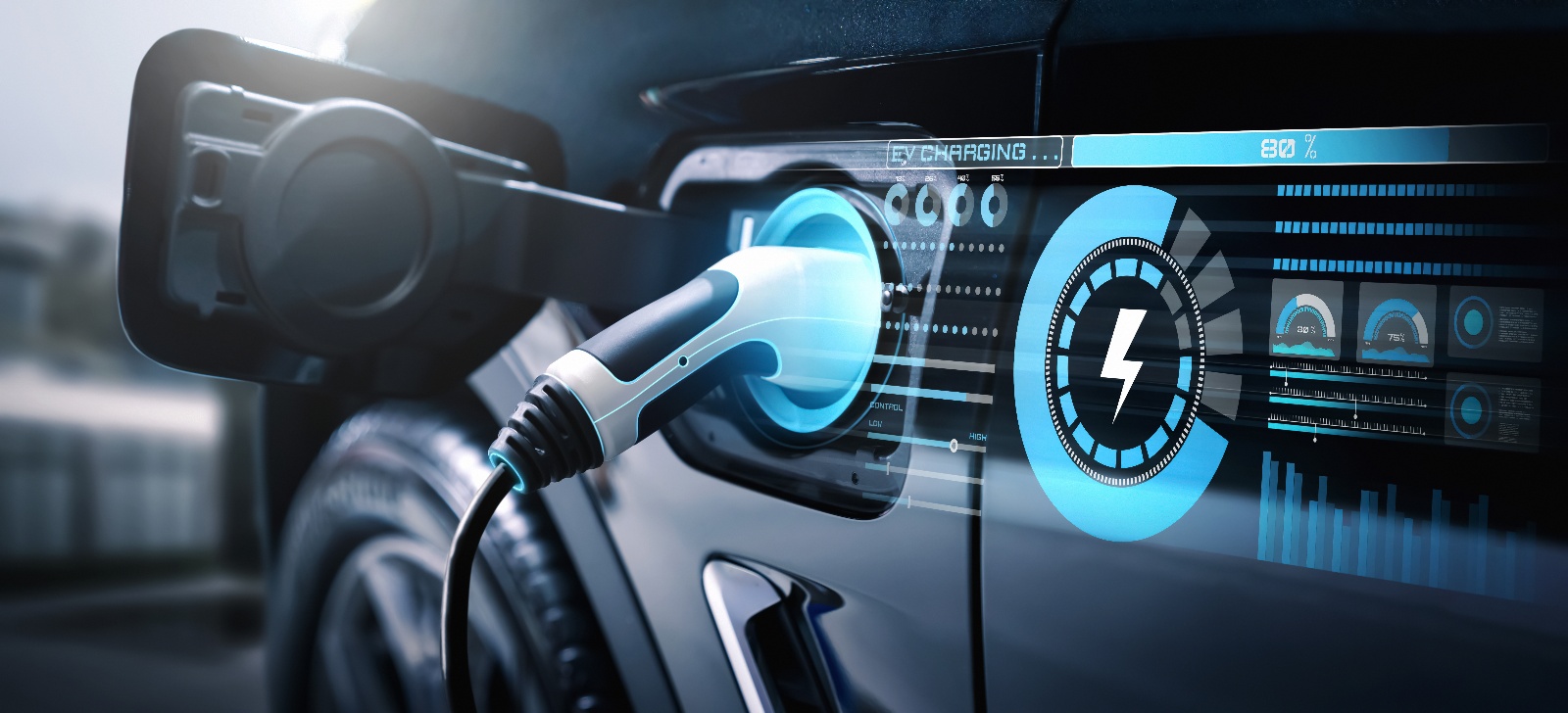For Electric Vehicle Service Providers (EVSPs), the success of an EV charging operation depends on the status of the stations – so it is crucial to have the means to manage, assess, and troubleshoot them. In order for these functionalities to work, reliable data connectivity must be present.
Data connectivity can be delivered via fiber, WiFi, or cellular networks. Because WiFi technology is dependent on connections provided by local, public, or private networks, cellular connectivity is the most logical solution for EVSPs to consider.
Connectivity must be reliable, secure, and affordable in order for the operation to succeed and scale. Choosing the right connectivity partner matters, and poor connectivity can disrupt an operation and expose companies to cybersecurity breaches, hold them back from expanding, and cause them to incur a loss of revenue opportunities.
The University of California - Berkeley recently released a study (PDF opens in new tab) in which the functionality of about 650 EV charging units across the United States were evaluated. Although EVSPs claimed to have units running 95-98% of the time, the study showed that units were functional only about 72.5% of the time. Failures ranged from unresponsive or unavailable screens, payment system failures, charge initiation issues, or network downtime.
Reliable and secure connectivity can help address these challenges. Let’s look at how cellular connectivity can address cybersecurity issues, help an operation scale, and increase revenue.
The current Director of the Cyber Center For Security and Analytics at the University of Texas at San Antonio, Dr. Elias Bou-Harb, coauthored a relevant study titled Power Jacking Your Station: In-Depth Security Analysis of Electric Vehicle Charging Station Management Systems (EVCSMs). The in-depth study of Internet-enabled systems and the connected critical infrastructure exposed an array of security vulnerabilities, demonstrating that EVCSMS are susceptible to cyber-attacks.
Most of these vulnerabilities had to do with missing authentication and cross-site scripting, with which attackers can cause several issues – including manipulating the firmware or disguising themselves as actual users to access user data. With the burgeoning integration of EV charging in the power system of the future, the implications of cyberattacks against EV charging systems may also put critical infrastructure at risk.
Suggestions for improvement focused on these three areas:
The study encourages EV service providers to find partners who provide the right solutions to address these challenges. Private cellular connectivity was specifically highlighted, in addition to having access to an IoT data and management platform that provides real-time alerts.
The complexity of an EV charging ecosystem is astounding. From each location’s characteristics, data protocols, and regulatory compliance, to billing, legacy systems, customer-facing applications, electric utility engagement, and more, there are many pieces that comprise the system.
Data connectivity is a foremost consideration, as it plays an intrinsic part in an EVSP’s success. EV charging stations need to stay connected without interruption to reach their uptime goals – with the real objective of being readily available for EV users. In order for an EV charging operation to be successful in scaling, connectivity should also be easy to implement and manage. That’s where staying current with connectivity technology and avoiding technology lock-in plays a big role.
Not having to deal with multiple providers for connectivity is a key component of successful scalability for EVSPs. Dealing with multiple carriers raises costs, leads to resource waste, and becomes cumbersome when managing data.
A managed service provider for IoT with multi-network connectivity capabilities is the solution. Engaging a provider that can standardize billings, assist with certifications, and provide tech support through the spectrum of connectivity providers reduces obstacles and eases scalability.
Out-of-service chargers or payment systems not only take a bite out of revenue, but cause poor customer experiences. Whether an EV charger has embedded connectivity or uses local networks for aggregation, a backup solution for connectivity can prevent these losses.
A connectivity solution tailored specifically for EVSPs gives greater operational control, remote access for most troubleshooting, and clear identification of the need to dispatch onsite (and expensive) maintenance. Operational visibility is key, and knowing that a charger needs servicing is an important aspect of a well-maintained network.
Dispatching technicians to EV charging sites is expensive, but sometimes necessary. Having the ability to troubleshoot network signals issues and fix these issues remotely is a game changer. When remote troubleshooting can be done in hours instead of days and onsite service is eliminated, downtime is reduced and the business avoids the potential loss of millions in lost revenue.
Other technologies, such as eSIMs, are also being used to provide enhanced network coverage. These provide the ability to remotely update carrier profiles if needed without physically switching SIMs.
Using one provider with access to multiple carriers reduces the need to deal with multiple contracts, set up fees, and manage numerous relationships. It also allows for pooling and rollover of data across networks and devices, which is beneficial when looking to reduce costs.
Kajeet provides private, cellular multi-network connectivity and other managed services for EV charging service providers. We work with all major carriers and give EVSPs access to data pooling and sharing across networks and devices under one contract, providing ease of service and cost reduction.
This is enhanced by a robust IoT and data management platform, Sentinel, which provides insights into usage, device inventory, and real-time alerts for improved response to possible threats.
What Kajeet can do for EVSPs:
We do all this and more for our EVSP customers every day. We want to learn more about your operation and how we can assist in your growth. Want to learn more about our solutions for EVSPs and EVSE manufacturers? Just click this big blue button:


